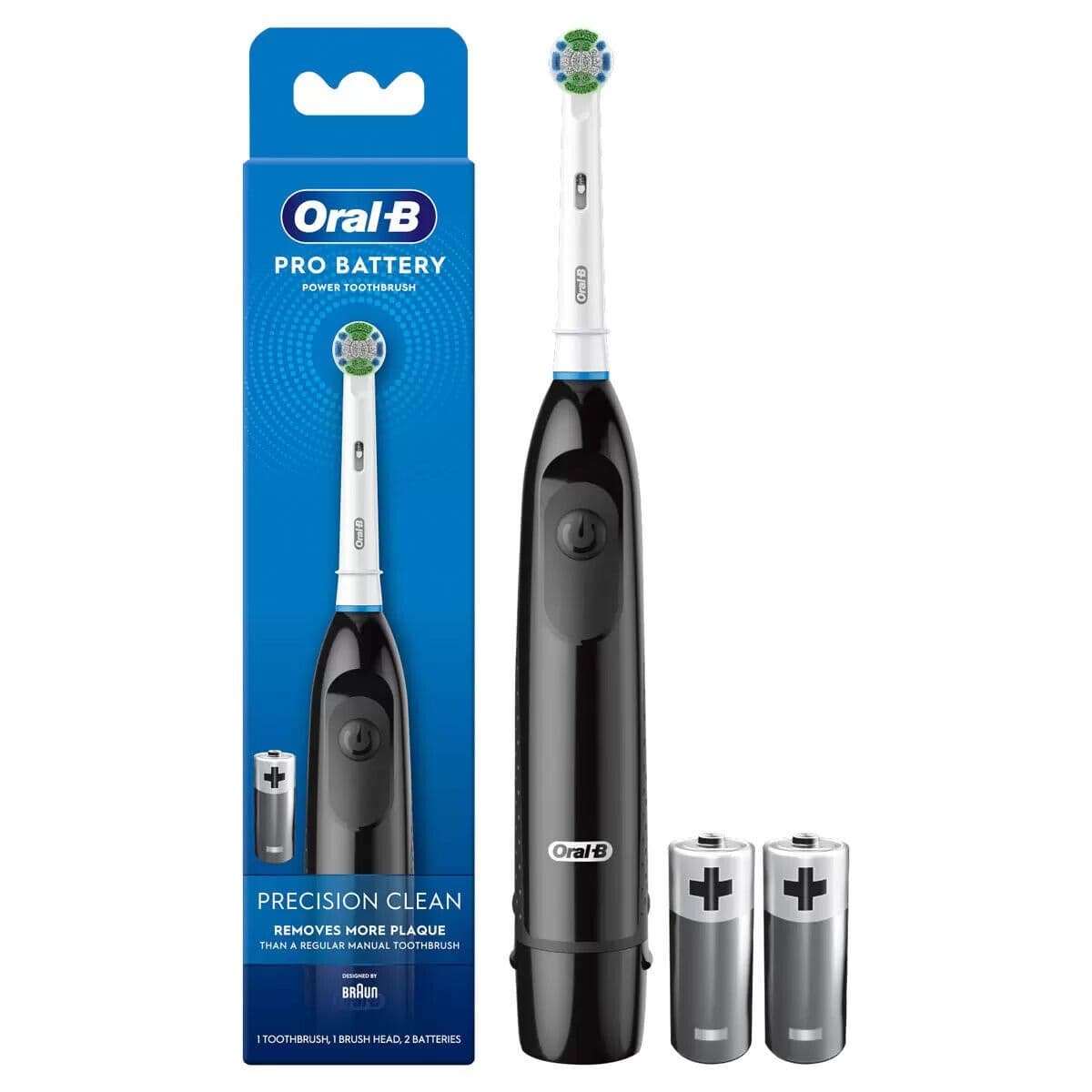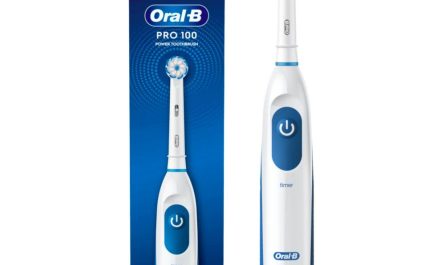Introduction:
When it comes to oral hygiene, the tools we choose to use can have a significant impact on the health of our teeth and gums. Among these tools, toothbrushes are perhaps the most fundamental. Two popular categories of toothbrushes are electric toothbrushes and battery-powered toothbrushes. While both aim to aid in cleaning our teeth effectively, they differ in functionality, technology, and even in user experience. In this detailed comparison of electric vs battery toothbrushes, we will explore their various features, advantages, disadvantages, and ultimately determine which might be more suitable for different users.
Understanding Electric Toothbrushes
What Are Electric Toothbrushes?
Electric toothbrushes are powered by electricity and typically come with a rechargeable base or batteries. They utilize oscillating, rotating, or sonic motion to enhance the brushing process. The rapid movement of the bristles helps break down plaque and food particles more efficiently than manual brushing can achieve.
Features of Electric Toothbrushes
Electric toothbrushes come packed with various features that set them apart from their manual counterparts. Here are some of their notable features:
- Built-in Timers: Many electric toothbrushes come with timers that guide the user to brush for the recommended two minutes, promoting consistent oral hygiene habits.
- Pressure Sensors: Some models are equipped with pressure sensors that notify users when they are brushing too hard, which can help prevent gum damage.
- Multiple Brushing Modes: High-end electric toothbrushes often offer several modes tailored to different needs, such as gum care, whitening, or sensitive teeth.
- Smart Connectivity: Some advanced models feature Bluetooth connectivity, allowing them to sync with mobile applications that monitor brushing habits and provide personalized insights.
- Replaceable Heads: Electric toothbrushes typically come with interchangeable brush heads, allowing users to select the best bristle type for their specific needs.
Benefits of Electric Toothbrushes
The advantages of using an electric toothbrush are significant:
- Superior Cleaning: Studies have shown that electric toothbrushes can remove more plaque than manual brushes, which can lead to better overall oral health.
- Ease of Use: The automated brushing action allows even individuals with mobility issues or dexterity challenges to maintain effective oral care.
- Consistency: Built-in timers ensure users brush for the optimal amount of time, reducing the likelihood of under-brushing.
Disadvantages of Electric Toothbrushes
While electric toothbrushes boast many benefits, there are also drawbacks to consider:
- Cost: Electric toothbrushes generally come with a higher initial price tag than manual brushes. Additionally, the cost of replacement heads can add up over time.
- Dependence on Power: They will require recharging or battery replacements, which can be inconvenient.
- Complexity: For some users, particularly older adults or children, the features and technology may seem overwhelming.
Exploring Battery-Powered Toothbrushes
What Are Battery-Powered Toothbrushes?
Battery-powered toothbrushes are a type of electric toothbrush that operates on disposable batteries instead of being rechargeable. They typically feature a simpler design and fewer advanced features compared to their fully electric counterparts.
Features of Battery-Powered Toothbrushes
Battery-powered toothbrushes typically have a more basic set of features:
- Basic Oscillation: Unlike high-end electric models, battery-powered brushes may provide simple oscillating or vibrating action rather than advanced cleaning modes.
- Limited Modes: Most battery-operated toothbrushes don’t offer multiple brushing modes or advanced features, focusing instead on fundamental cleaning.
- Lightweight and Portable: Due to their simpler design, battery-powered brushes tend to be lighter and easier to transport, making them ideal for travel.
- Affordability: They are generally more affordable than high-end electric brushes, making them accessible to a broader audience.
Benefits of Battery-Powered Toothbrushes
Battery-powered toothbrushes come with several advantages:
- Cost-Effective: They are significantly cheaper than high-end electric toothbrushes, making them an ideal option for budget-conscious consumers.
- Simplicity: The straightforward design is easy to use and understand, appealing to both children and adults who prefer minimal technology.
- No Charging Required: As long as you have spare batteries, there’s no need to worry about recharging, making them convenient for travel or on-the-go use.
Disadvantages of Battery-Powered Toothbrushes
Despite their advantages, they do come with limitations:
- Less Effective Cleaning: They often lack the power and features of high-end electric models, potentially leading to less effective plaque removal.
- Limited Lifespan: The reliance on disposable batteries can make them less eco-friendly in the long run.
- Basic Features: The absence of advanced features like timers and pressure sensors limits their effectiveness in promoting proper brushing techniques.
Comparative Analysis
Cleaning Efficiency
When weighing electric vs battery toothbrushes, one crucial metric is cleaning efficiency. Research indicates that electric toothbrushes can remove plaque and reduce gingivitis more effectively than manual brushes. Moreover, rotary and sonic movements in electric brushes add to their cleaning prowess. While battery-operated brushes can provide some level of assistance, they generally won’t match the thoroughness of a quality electric model.
User Experience
User experience can vary significantly between the two types of toothbrushes. Electric toothbrushes provide a unique brushing experience, often enabling users to feel the difference with their oscillating or sonic action. This is especially beneficial for those who might find manual brushing cumbersome.
In contrast, battery-powered models offer a more basic experience. They are usually lighter and can feel more familiar for those accustomed to manual brushes. The simplicity of operation appeals to individuals who may not want to navigate advanced features or settings.
Cost Analysis
There are substantial cost differences when comparing electric and battery-powered toothbrushes. An electric toothbrush can range anywhere from $30 to over $200, depending on the features and brand. Replacement heads usually cost between $5 and $15 per piece, and many experts recommend changing them every 3 months.
Battery-powered toothbrushes, on the other hand, are typically found in the $5 to $30 range, making them a budget-friendly option. However, users will need to consider the long-term costs of disposable batteries, which can accumulate over time.
Environmental Considerations
When discussing electric vs battery toothbrushes, an often-overlooked aspect is their environmental impact. Battery-powered toothbrushes often contribute to plastic waste from used batteries and toothbrushes, making them less eco-friendly.
In contrast, while electric toothbrushes also produce waste, many brands offer recyclable brush heads, and the use of long-lasting rechargeable batteries may reduce overall waste. Users must consider their environmental values when choosing between these options.
Travel and Portability
When it comes to travel, battery-powered toothbrushes have the upper hand due to their lightweight and portable design. They can easily fit into a carry-on bag, and you don’t have to worry about charging them at your destination, provided you bring extra batteries.
Electric toothbrushes can be bulkier due to their charging bases and require more careful handling to avoid damage. However, many electric toothbrush manufacturers have recognized the travel aspect and offer compact models designed explicitly for travelers.
Longevity and Maintenance
Electric toothbrushes generally require more maintenance, including charging the base and replacing the brush heads every few months. Battery-operated toothbrushes also require head replacements but rely on changing batteries, which may be less frequent depending on use.
 Personal Preferences: Which One To Choose?
Personal Preferences: Which One To Choose?
Choosing between an electric and a battery-powered toothbrush ultimately boils down to personal preferences and needs. Here’s a brief overview of what might help different individuals in making their choices:
For Tech-Savvy Users
If you enjoy technology and appreciate smart features, an electric toothbrush is likely more appealing. The additional features like timers, pressure sensors, and connectivity to smartphone apps can enhance your brushing experience and improve your oral health.
For Budget-Conscious Consumers
If cost is a major concern, battery-powered brushes provide decent oral care without the higher price tag. They are easy to use and maintain, making them a great entry-level option for individuals new to electric tooth brushing.
For Families With Children
Electric toothbrushes with fun designs and child-friendly features can motivate children to brush effectively. However, parents should also consider simpler battery-powered options that are easy for younger children to handle.
For People With Mobility Issues
Electric toothbrushes, particularly those with ergonomic designs and easy-to-grip handles, can assist people who may struggle with traditional brushing techniques. Battery-powered brushes may not provide the same level of support but can still offer a viable alternative.
For Frequent Travelers
Frequent travelers may prefer the lightweight and portable nature of battery-powered toothbrushes, as they don’t require charging and are easy to pack.
Conclusion
In this extensive comparison of electric vs battery toothbrushes, we’ve dissected virtually every aspect of both categories. Each has its unique benefits and drawbacks, making them suitable for different types of users. While electric toothbrushes offer superior cleaning efficiency and advanced features, battery-powered brushes appeal to those seeking affordability and simplicity. Ultimately, the choice between an electric and a battery-powered toothbrush hinges on individual needs, preferences, and priorities in oral health.





